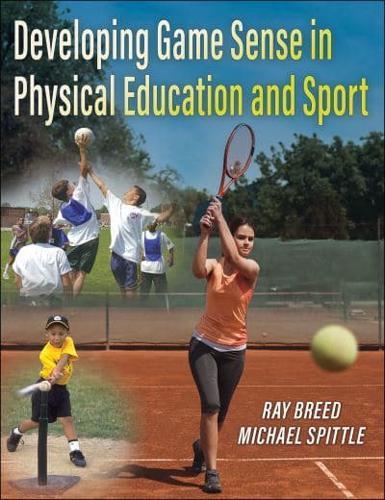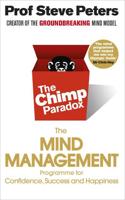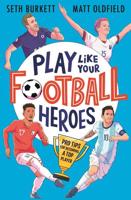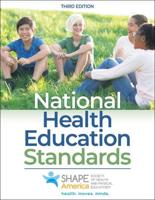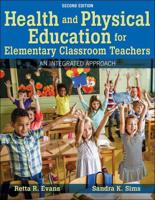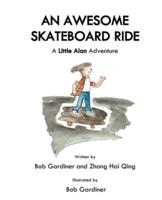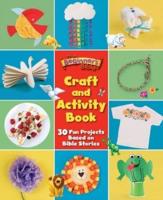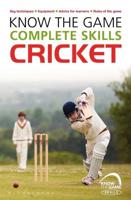Publisher's Synopsis
Authors Ray Breed and Michael Spittle, long recognized as experts in the game sense model and teaching games for understanding approach, have created a complete resource for physical educators and coaches of games and team sports.
Their new book, Developing Game Sense in Physical Education and Sport, provides both the theoretical foundation and the practical application that teachers and coaches need to confidently teach their students and athletes the skills and game sense they need to successfully compete in games and sports.
This text, inspired by the authors' previous book, Developing Game Sense Through Tactical Learning, offers new material since the publication of that 2011 book, particularly in relation to curriculum, assessment, and physical literacy. "Our version of a game sense model has been modified over time and adjusted to meet the changing needs and requirements of learners and programs," Breed says. "This book is an updated and improved variation of our original book, and it will assist teachers and coaches in integrating game sense into their sessions and curricula."
Through Developing Game Sense in Physical Education and Sport, teachers and coaches will be able to do the following:
- Provide a logical sequence and step-by-step instructions for maximal learning, skill transfer, and game skill development
- Accelerate learning by linking technical, tactical, and strategic similarities in three thematic game categories (There are 19 invasion games, 13 striking and fielding games, and 14 net and wall games.)
- Save preparation and planning time by using the extensive planning and game implementation resources
- Set up games with ease and effectively relate game sense concepts by following the 90 illustrations and diagrams created for those purposes
Developing Game Sense in Physical Education and Sport takes into account regional differences in the game sense model and teaching games for understanding approach. Its organization will facilitate users' ready application of the material. The text first provides an overview and theoretical framework of the concepts of skill, skill development, game sense, and assessment. It then goes on to explore the links between fundamental motor skills, game sense, and physical literacy. Later chapters offer thematic unit and lesson plans as well as assessment ideas. Practical resources, game ideas and descriptions, and assessment ideas are supplied, along with the practical application of game sense, teaching for skill transfer, structuring games, developing questioning techniques, and organizing sessions.
Developing Game Sense in Physical Education and Sport will allow coaches and teachers to develop the tactical, technical, and strategic skills their athletes and students need in game contexts. Coaches and teachers will also be able to help learners develop personal, social, and relationship skills. As a result, learners will be able to more effectively participate in, and enjoy, team games.
